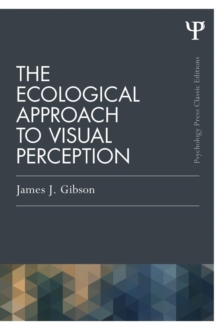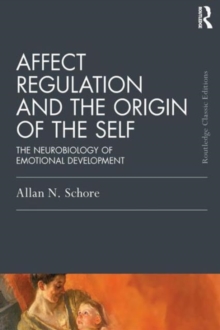
Statistical Misconceptions : Classic Edition EPUB
by Schuyler W. Huck
Part of the Psychology Press & Routledge Classic Editions series
EPUB
Description
This engaging book helps readers identify and then discard 52 misconceptions about data and statistical summaries. The focus is on major concepts contained in typical undergraduate and graduate courses in statistics, research methods, or quantitative analysis. Interactive Internet exercises that further promote undoing the misconceptions are found on the book's website.
The author’s accessible discussion of each misconception has five parts:
The Misconception - a brief description of the misunderstanding
Evidence that the Misconception Exists – examples and claimed prevalence
Why the Misconception is Dangerous – consequence of having the misunderstanding
Undoing the Misconception - how to think correctly about the concept
Internet Assignment - an interactive activity to help readers gain a firm grasp of the statistical concept and overcome the misconception.
The book's statistical misconceptions are grouped into 12 chapters that match the topics typically taught in introductory/intermediate courses. However, each of the 52 discussions is self-contained, thus allowing the misconceptions to be covered in any order without confusing the reader. Organized and presented in this manner, the book is an ideal supplement for any standard textbook.
An ideal supplement for undergraduate and graduate courses in statistics, research methods, or quantitative analysis taught in psychology, education, business, nursing, medicine, and the social sciences. The book also appeals to independent researchers interested in undoing their statistical misconceptions.
Information
-
Download - Immediately Available
- Format:EPUB
- Pages:288 pages
- Publisher:Taylor and Francis
- Publication Date:19/11/2015
- Category:
- ISBN:9781317311553
Other Formats
- PDF from £39.68
Information
-
Download - Immediately Available
- Format:EPUB
- Pages:288 pages
- Publisher:Taylor and Francis
- Publication Date:19/11/2015
- Category:
- ISBN:9781317311553










